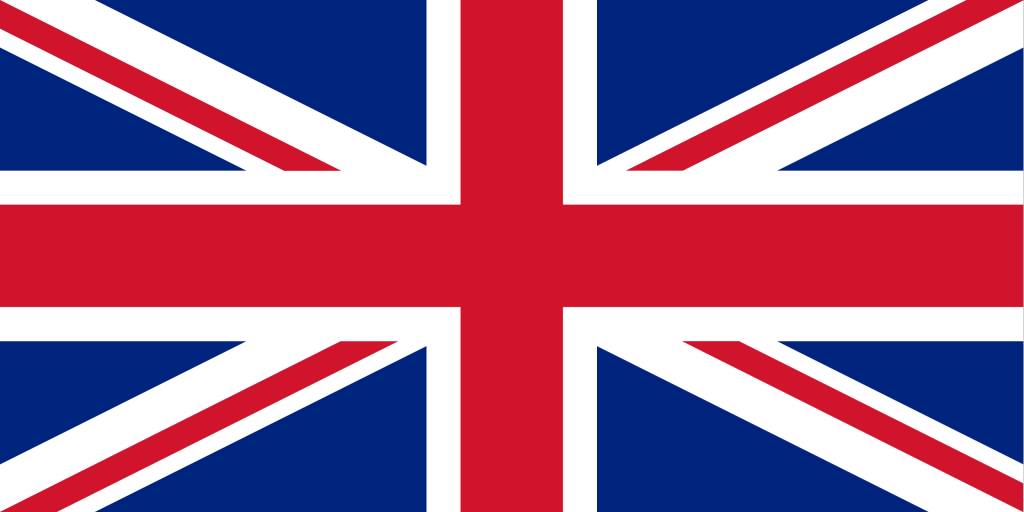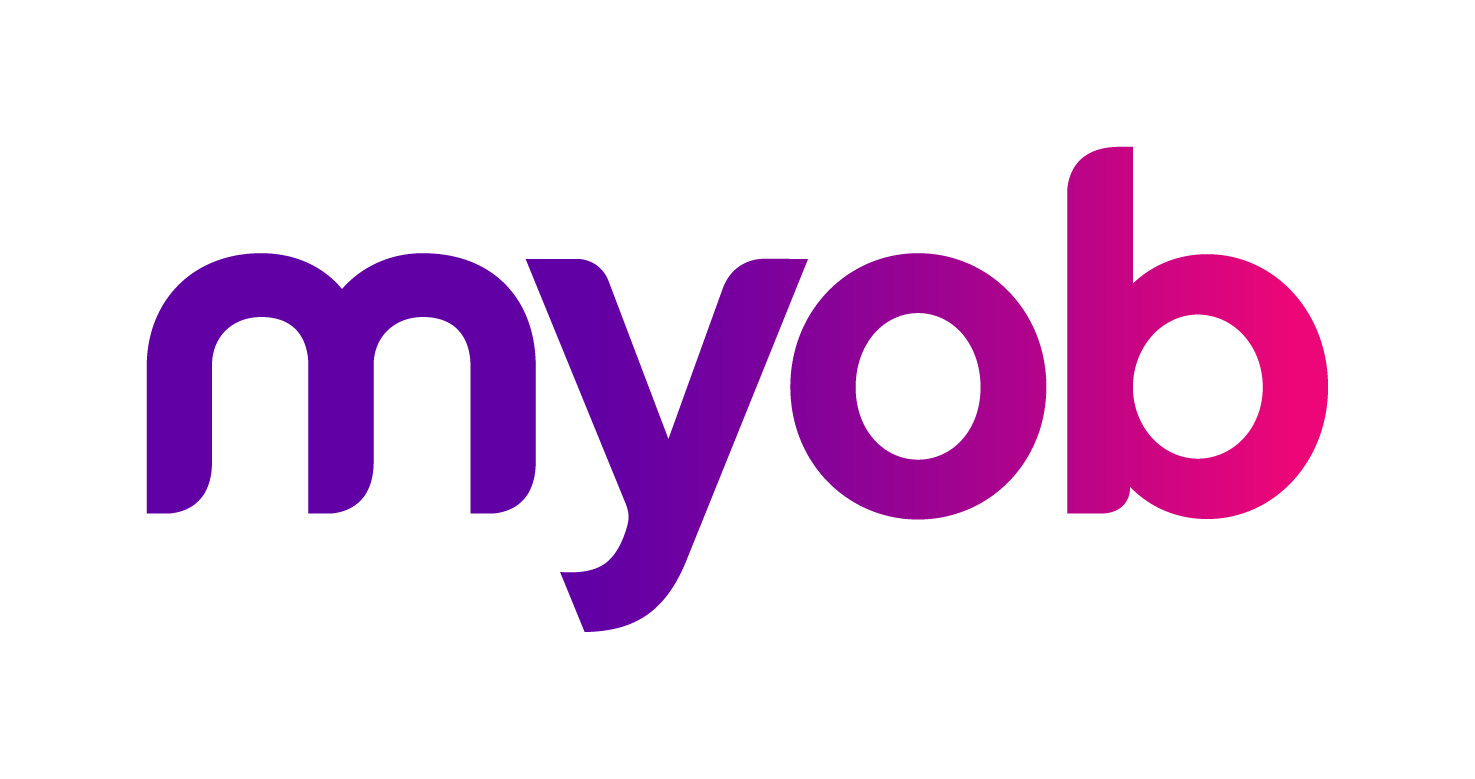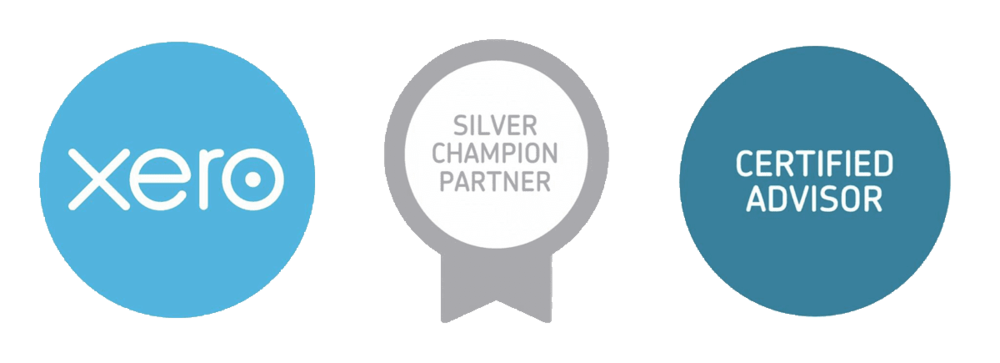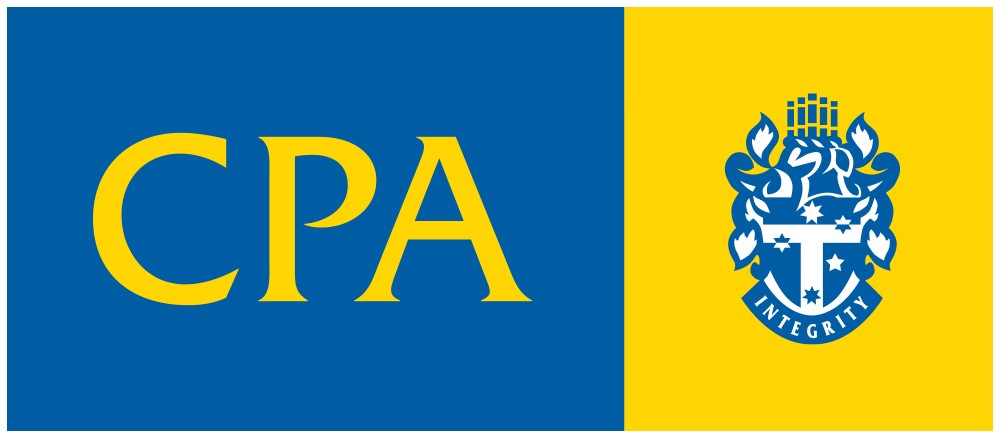June 2022 Newsletter
ATO priorities this tax time The ATO has announced four key areas that it will be focusing on for Tax Time 2022: Record-keeping. Work-related expenses. Rental property income and deductions. Capital gains from crypto assets, property, and shares. Before claiming income tax deductions for their expenses, taxpayers must ensure: they spent the money themselves and were not reimbursed; if an expense is for both income-producing and private use, only the portion relating to producing income is claimed; and they have a record to prove it. Avoid double dipping on your deductions Taxpayers are reminded not to make the mistake of ‘double dipping’ on deductions (that is, claiming expenses twice) in their tax return this year. Some of the ‘double dipping’ mistakes commonly made relate to the following deductions: Working from home expenses A common mistake involves using the 'shortcut method' to claim working from home expenses and then claiming additional amounts for expenses such as mobile phone and internet bills, [...]
May 2022 Newsletter
No reduction in the Private Health Insurance rebate as of 1 April 2022 An event that we have become accustomed to every 1 April, is that the amount of the Private Health Insurance (‘PHI’) rebate decreases. The Australian Government rebate on PHI is annually indexed on 1 April by a Rebate Adjustment Factor (‘RAF’) representing the difference between the Consumer Price Index and the industry weighted average increase in premiums. The RAF for 2022 has been calculated as 1. This means there will be no changes to the PHI rebate on 1 April 2022. Editor: With inflation at levels Australians have been unaccustomed to over the last 20 years, at least there is one very small piece of good news. Disclosure of business tax debts The ATO is in the process of writing to taxpayers that may be eligible to have their tax debts disclosed to credit reporting bureaus (‘CRBs’). The ATO can potentially report outstanding tax debts to a [...]
March 2022 Newsletter
Tax deductibility of COVID-19 test expenses After much speculation, the Government announced that COVID-19 tests, including Polymerase Chain Reaction (‘PCR’) and Rapid Antigen Tests (‘RATs’), will be both: tax-deductible; and exempt from FBT; broadly where they are purchased for work-related purposes. This will require the introduction of new specific legislation (i.e., to clarify that work-related COVID- 19 test expenses incurred by individuals will be tax-deductible or FBT exempt where employers provide the tests to their staff) which will apply both where an individual is required to attend the workplace or has the option to work remotely. The Government intends that these changes take effect from the beginning of the 2022 income year and will apply permanently once enacted. Super changes and full expensing 12-month extension now law A plethora of superannuation law tweaks has recently been made (via recent legislative reforms) which include: Removing the $450 monthly super guarantee threshold. Reducing the eligibility age for making downsizer contributions from 65 [...]
January/February 2022 Newsletter
ATO support for businesses in difficult times The ATO has reminded taxpayers that it has a range of support available for small businesses experiencing difficult situations, such as natural disasters, mental health challenges or financial hardship. Depending on the business taxpayer’s circumstances, the ATO may be able to: give the business extra time to pay its tax; set up a payment plan tailored to its situation; re-issue tax returns, activity statements and notices of assessment; help the business reconstruct lost or damaged tax records; prioritise any refunds the business is owed; and remit penalties or interest charged during the time the business has been affected. Editor: If your business is in financial difficulty and needs support, please contact our office and we can assist in finding a suitable solution. Government extends SME Recovery Loan Scheme to 30 June 2022 The Government has recently extended the SME Recovery Loan [...]
December 2021 Newsletter
Super is now following new employees The ATO is reminding employers that, as of 1 November 2021, there is an extra step they may need to take to comply with the choice of super fund rules. If a new employee does not choose a super fund, most employers will need to request the employee's 'stapled super fund' details from the ATO to avoid penalties. A stapled super fund is an existing super account which is linked, or 'stapled', to an individual employee so that it follows them as they change jobs. When a new employee starts, employers need to: - offer eligible employees a choice of super fund; - if the new employee does not choose a super fund, the employer will need to request stapled super fund details using Online services for business; and - pay super contributions into one of the following: - the super fund they choose; - the stapled super fund the ATO provides if they [...]
November 2021 Newsletter
Preparing for the new Director ID regime As part of its Digital Business Plan, the Government announced the full implementation of the 'Modernising Business Registers' program. This included recently enacted legislation introducing the new director identification number ('director ID') regime. The director ID is a unique identifier that a director will need to apply for once and will keep forever. The introduction of Director IDs is intended to create a fairer business environment by helping prevent the use of false and fraudulent director identities, which "will go a long way to better identifying and eliminating director involvement in unlawful activity". Editor: Note that all Directors will need to apply for a director ID, including Directors of corporate trustees of self-managed super funds ('SMSFs') and of family trusts. Individuals will be able to apply for a director ID from 1 November 2021 on the new Australian Business Registry Services ('ABRS') website (at abrs.gov.au) and will need to log in using the [...]
October 2021 Newsletter
Extra super step when hiring new employees Employers may soon need to do something extra when a new employee starts to work for them. Currently, if a new employee does not choose their own fund, their employer can pay contributions for them to a default fund. From 1 November 2021, if a new employee does not choose a specific fund, their employer may need to request the employee’s ‘stapled super fund’ details from the ATO. A stapled super fund is an existing account which is linked (or 'stapled') to an individual employee, so it follows them as they change jobs. Businesses will be able to request stapled super fund details for new employees using ‘Online services for business’, or by asking their registered tax or BAS agent to do this for them. ATO support for employers with expansion of STP As part of the expansion of Single Touch Payroll (known as STP Phase 2), from 1 January 2022, employers will need to [...]
September 2021 Newsletter
Extending administrative relief for companies to use technology The Government has passed legislation renewing the temporary relief that allows companies to use technology to meet regulatory requirements under the Corporations Act 2001. These temporary relief measures will allow companies to hold virtual meetings and use electronic communications to send meeting-materials and execute documents until 31 March 2022. This should ensure that companies can meet their obligations as they continue to deal with the uncertainty of the COVID-19 pandemic. With the extension of this temporary relief, the Government will now seek to introduce permanent reforms later this year to give companies the flexibility to use technology to hold meetings, such as hybrid meetings, and sign and send documents. Expansion of support for SMEs to access funding The Government is providing additional support to small and medium sized businesses ('SMEs') by expanding eligibility for the SME Recovery Loan Scheme. Specifically, in recognition of the continued economic impacts of COVID‑19, the Government will [...]
August 2021 Newsletter
Reminder of superannuation caps indexation for 2022 From 1 July 2021, the superannuation contributions caps have been indexed for the 2022 income year. The new concessional contributions cap for the 2022 financial year is now $27,500 (increased from $25,000). The new non-concessional (i.e., non-deductible) contributions cap for the 2022 financial year is now $110,000 or (where the ‘bring forward’ rules are applicable) $330,000 over three years (increased from $100,000 or $300,000 respectively). The CGT cap amount for the 2022 financial year is now $1,615,000 (increased from $1,565,000). Editor: The increase in the concessional contributions cap in particular will require those salary sacrificing additional superannuation to consider if they wish to increase their packaging arrangements so as to maximise the $2,500 increase in the cap. Ref: ATO website, Key superannuation rates and thresholds: contributions caps, updated 6 July 2021. Division 7A benchmark interest rate for 2022 remains unchanged The Division 7A benchmark interest rate for the 2022 income year remains unchanged [...]
July 2021 Newsletter
Super guarantee contribution due date for June 2021 quarter The due date for employers to make super guarantee contributions for their employees for the June 2021 quarter is 28 July 2021. Note that the super guarantee rate in relation to salary and wages paid on or before 30 June 2021 is 9.5%, but the super guarantee rate is 10% in relation to salary and wages paid from 1 July 2021 (even if they are paid in relation to work performed before that date). Also, contributions made (and received by the fund) after 30 June 2021 will not be deductible in the 2021 income year, even if they are made in relation to work performed during the 2021 income year. Extension of time to make repayments on Division 7A loans Editor: Under a complying Division 7A loan from a private company, the borrower must make minimum yearly repayments ('MYR') before the end of the lender’s income year to avoid the loan [...]
June 2021 Newsletter
Cryptocurrency under the microscope this tax time The ATO is concerned that many taxpayers believe their cryptocurrency gains are tax-free, or only taxable when the holdings are cashed back into Australian dollars. ATO data analysis shows a dramatic increase in trading since the beginning of 2020, and has estimated that there are over 600,000 taxpayers that have invested in crypto-assets in recent years. This year, the ATO will be writing to around 100,000 taxpayers with cryptocurrency assets explaining their tax obligations and urging them to review their previously lodged returns. The ATO also expects to prompt almost 300,000 taxpayers as they lodge their 2021 tax return to report their cryptocurrency capital gains or losses. Gains from cryptocurrency are similar to gains from other investments, such as shares. CGT also applies to the disposal of non-fungible tokens ('NFTs'). The ATO matches data from cryptocurrency designated service providers to individuals’ tax returns, helping it to ensure investors are paying the right amount [...]
May 2021 Newsletter
Government proposal to modernise business communications The Government has committed to modernising certain laws so that they are 'technology neutral', to enable easier communication between businesses, individuals and regulators. The first phase of legislative reform will focus on key areas raised by stakeholders which are implementation-ready (ideally by the end of 2021), including: expanding the range of documents that can be validly signed electronically; increasing the range of documents that can be sent electronically to shareholders and amending requirements to contact lost shareholders; improving flexibility for customers when changing address and consenting to electronic communication with credit providers; removing prescriptive requirements for notices to be published in newspapers, where suitable alternatives have been identified; and addressing provisions in Treasury legislation where only non-electronic payment options are in place. Subsequent phases will consider reforms in additional areas that could benefit from greater technology neutrality, including communication with regulators, and product disclosure and recordkeeping requirements. ATO "keeping JobKeeper payment fair" The [...]
April 2021 Newsletter
JobKeeper comes to an end The ATO has advised that the final JobKeeper payment will be processed in April 2021. Enrolled businesses do not have to do anything when the program closes, although they will need to complete their final March monthly business declaration by 14 April 2021. Also, once a business is no longer claiming JobKeeper Payments, it may start to be eligible to receive the JobMaker Hiring Credit for any additional employees that started employment on or after 7 October 2020. ATO loses case on JobKeeper and backdated ABNs On 24 March 2021, the Full Federal Court handed down its decision in a case concerned with the requirement that an entity claiming JobKeeper must have had an ABN on 12 March 2020, or a later time allowed by the ATO. The Registrar of the Australian Business Register had reactivated the relevant entity's previously cancelled ABN after 12 March 2020, but with a backdated effective date on or before [...]
March 2021 Newsletter
Changes to STP reporting concessions from 1 July 2021 Small employers (19 or fewer employees) are currently exempt from reporting ‘closely held’ payees through Single Touch Payroll ('STP'). Also, a quarterly STP reporting option applies to micro employers (four or fewer employees). These concessions will end on 30 June 2021. The STP reporting changes that apply for these employers from 1 July 2021 are outlined below. Closely held payees (small employers) From 1 July 2021, small employers must report payments made to closely held payees through STP using any of the options below. Other employees must continue to be reported by each pay day. A ‘closely held payee’ is an individual who is directly related to the entity from which they receive payments. For example, this could include family members of a family business, directors or shareholders of a company and beneficiaries of a trust. Payments to such payees can be reported via STP (from 1 July 2021) using any [...]
January/February 2021 Newsletter
New measures applying from 1 January 2021 The Government has provided an update of a number of new measures which came into effect from 1 January 2021, including (among others): The most significant changes to Australia’s insolvency framework in 30 years, which are intended to reduce costs, cut red tape and help more small businesses recover from the pandemic. The reforms introduce a new, simplified debt restructuring process. These measures apply to incorporated businesses with liabilities of less than $1 million — covering around 76% of businesses subject to insolvencies today, 98% of which have less than 20 employees. Australians will have more power to choose their own superannuation fund: ‘Your Superannuation, Your Choice’ allows around 800,000 Australians to decide where their retirement savings are invested, representing around 40% of all employees covered by a current enterprise agreement. The Government’s HomeBuilder program has been extended to 31 March 2021. The scheme is expected to support the construction or major rebuild [...]
November 2020 Newsletter
Tax cuts pass Parliament The Government announced various tax measures in the 2020 Budget on 6 October 2020, and it was able to secure passage of legislation containing some of the important measures very shortly afterwards, as summarised below. Tax relief for individuals The Government brought forward 'Stage two' of their Personal Income Tax Plan by two years, so that, from 1 July 2020: the low income tax offset increased from $445 to $700; the top threshold of the 19% tax bracket increased from $37,000 to $45,000; and the top threshold of the 32.5% tax bracket increased from $90,000 to $120,000. In addition, in 2020/21, low and middle-income earners will receive a one-off additional benefit of up to $1,080 from the low and middle income tax offset. Tax relief for business Businesses with a turnover of up to $5 billion are now able to immediately deduct the full cost of eligible depreciable assets as long as they are first used [...]
October 2020 Newsletter
Special COVID-19 Superannuation Condition of Release Extended Regulations that extend the time frame of the special condition of release to access $10,000 from superannuation for individuals experiencing financial difficulties due to COVID-19 have been formally registered. The ability to withdraw up to $10,000 from superannuation (if certain conditions are met) was initially set to expire on 24 September 2020. The newly registered Regulations to the SIS Act will now enable an eligible individual to withdraw up to $10,000 from superannuation (which is not assessable to the individual) until 31 December 2020. To be eligible, a citizen or permanent resident of Australia (and New Zealand) must require the COVID-19 early release of super to assist them to deal with the adverse economic effects of COVID-19. In addition, one of the following circumstances must apply: The individual is unemployed; The individual is eligible to receive one of the following; JobSeeker payment; Youth Allowance for job seekers (unless they are undertaking full-time study [...]
September 2020 Newsletter
Superannuation guarantee rate increase update Recently, arguments both for and against increasing the rate of compulsory superannuation guarantee ('SG') have continued to be tossed around! The SG is the compulsory amount of superannuation an employer must pay into an eligible employee’s chosen super fund. The rate of SG has been frozen at 9.5% of an employee’s ordinary wages since July 2014, but from 1 July 2021 it is due to incrementally increase (by 0.5% each financial year) until it ultimately reaches 12% in July 2025. As a result, the superannuation guarantee rate is currently set to increase to 10% from 1 July 2021. Editor: At this stage, despite a lot of political rhetoric and media coverage, no change has been announced to change these set plans. Superannuation guarantee amnesty ends 7 September 2020 Speaking of the superannuation guarantee, time is rapidly running out for employers to apply for the SG amnesty and catch up on past unpaid super without incurring [...]
August 2020 Newsletter
Extension of the JobKeeper Payment Sadly, many Australian businesses are a long way from trending back to 'normal' as we approach 27 September 2020, the original date that JobKeeper was set to end. Thankfully the government has announced an extension of the JobKeeper Payment, with additional turnover qualifications. The JobKeeper Payment, which was originally due to run until 27 September 2020, will now continue to be available to eligible businesses (including the self-employed) and not-for-profits until 28 March 2021. The payment rate of $1,500 per fortnight for eligible employees and business participants will be reduced to $1,200 per fortnight from 28 September 2020 and to $1,000 per fortnight from 4 January 2021. From 28 September 2020, lower payment rates will also apply for employees and eligible business participants that worked fewer than 20 hours per week. From 28 September 2020, businesses and not-for-profits seeking to claim the JobKeeper Payment will be required to demonstrate that they have suffered an ongoing [...]
May 2020 Newsletter
Coronavirus: Government’s JobKeeper Payment A major part of the Government’s response to the Coronavirus (or 'COVID-19') pandemic is the ‘JobKeeper Payment’ Scheme. The JobKeeper Payment is a wage subsidy that will be paid through the tax system (i.e., it will be administered by the ATO) to eligible businesses impacted by COVID-19. Under the scheme, eligible businesses will receive a payment of $1,500 per fortnight per eligible employee and/or for one eligible business participant (i.e., an eligible sole trader, partner, company director or shareholder, or trust beneficiary). The subsidy will be paid for a maximum period of six months (i.e., from 30 March 2020 up until 27 September 2020). It will be paid to eligible businesses monthly in arrears, with the first payments to employers commencing from the first week of May 2020. The JobKeeper Payment will ensure that eligible employees (and, where applicable, eligible business participants) receive a gross payment (i.e., before tax) of at least $1,500 per fortnight for [...]
April 2020 Newsletter
Coronavirus: Government announces new tax measures The Government has announced a number of economic responses to the Coronavirus (or 'COVID-19') pandemic, including economic stimulus packages worth billions of dollars. Some of the key tax measures include: From Thursday 12 March 2020, the instant asset write-off threshold has been increased from $30,000 (for businesses with an aggregated turnover of less than $50 million) to $150,000 (for businesses with an aggregated turnover of less than $500 million) until 30 June 2020. A time-limited 15-month investment incentive (through to 30 June 2021) which will operate to accelerate certain depreciation deductions. This measure will also be available to businesses with a turnover of less than $500 million, which will be able to immediately deduct 50% of the cost of an eligible asset on installation, with existing depreciation rules applying to the balance of the asset’s cost. Small and medium-sized businesses(and not-for-profit entities), with an aggregated annual turnover of less than $50 million that employ [...]
March 2020 Newsletter
Court confirms ATO's position on foreign income tax offsets The ATO has welcomed the decision of the High Court to basically uphold the decision of the Full Federal Court in a case which the ATO won, in relation to foreign income tax offsets ('FITO'). An Australian tax resident had sold some US investments and paid US tax on the gains. The taxpayer was then basically taxed on half of those gains in his assessable Australian income (i.e., the gains were eligible for the CGT discount in Australia). The taxpayer included the whole of the US tax paid in his FITO to offset against his Australian income tax. However, when determining the FITO available, the ATO only allowed the proportion of the US tax paid that related to the capital gain included in his Australian assessable income. The Full Federal Court affirmed the ATO’s position. “This decision reminds taxpayers that they can only claim the foreign income tax offset to the [...]











